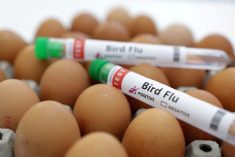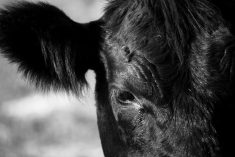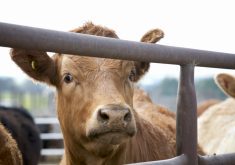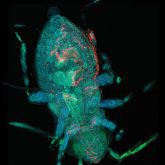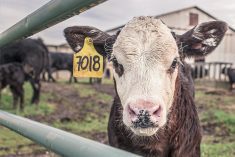Even if you weren’t calving or getting ready to seed — and had good internet — it would be hard to keep up with all the developments affecting your farm or ranch during the pandemic.
Here is a partial list of advisories and new stories at press time (March 31).
Government
The provincial government has a general COVID-19 site with a wide variety of information, including updates from the chief medical officer and how to assess yourself if you have a cough, fever or think you may be infected.
Read Also
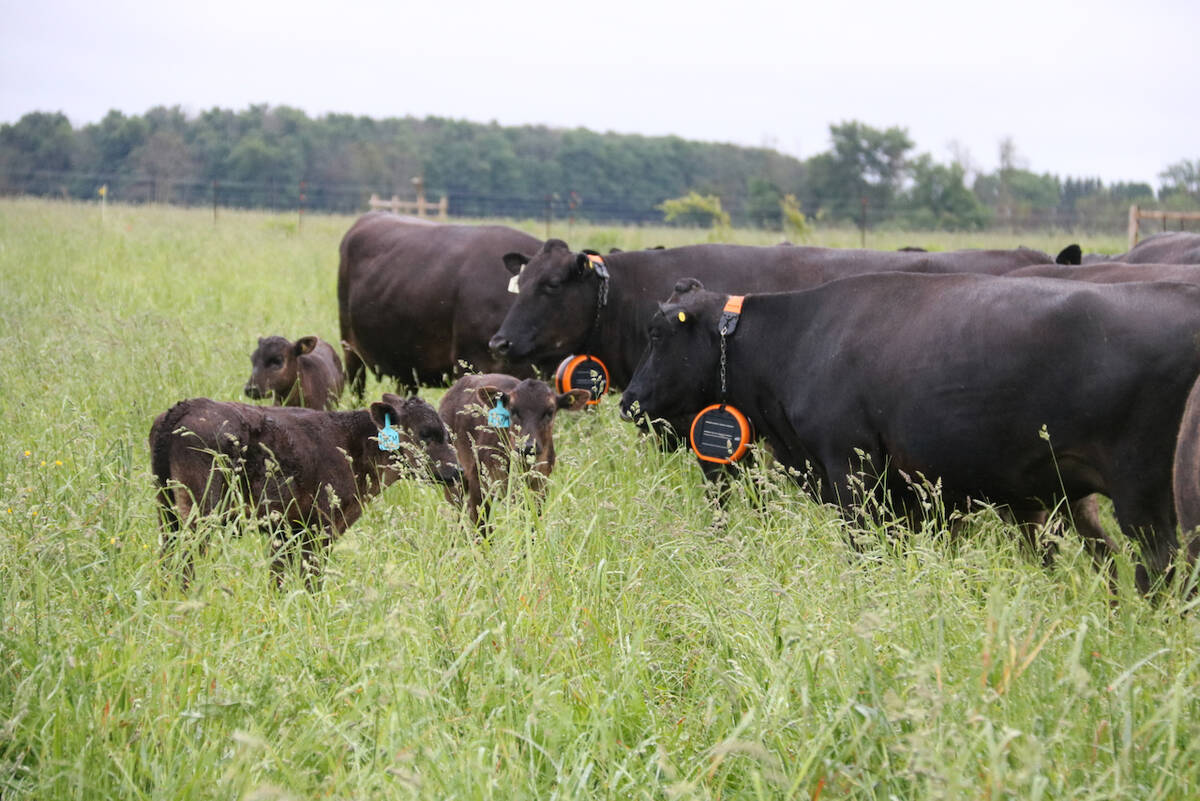
How soil fertility management can boost pasture yield by 43 per cent
Learn how soil testing and targeted fertilization can increase pasture biomass by 43%. Expert tips on N, P, and K management for beef cattle producers.
The same web page also has information on other topics, such as what to do if you renew your driver’s licence or vehicle registration (both have been extended until May 15).
At the bottom of the page is a link where you can “submit your offers of support.” This could include an offer to donate food, loan equipment, or provide services during the pandemic. (People who make such an offer leave their name and contact info and are contacted by a government official if their product or service is needed.)
Agriculture and Agri-Food Canada has farm-specific information at agr.gc.ca, including information on trade, the food supply and financial support programs. The Canadian Grain Commission has operational updates at grainscanada.gc.ca but there is also a contact email “if you are having trouble getting paid promptly or getting the proper grade, dockage or weight for your grain deliveries.”
Canadian Cattlemen’s Association
The cross-border cattle trade is still open for all classes of cattle as well as embryos and semen, and producers can still transport cattle across the U.S. border, www.cattle.ca reports. When returning from the U.S., drivers are exempt from the requirement to self-quarantine for 14 days. Check the CFIA website (inspection.gc.ca) for the latest updates, the CCA advises.
The CCA website also has a resource section, including information and links to financial resources such as wage support for employers and stay of default for cash advances (the Advance Payments Program).

Alberta Wheat and Alberta Barley
The two commissions are issuing updates through the Wheat Sheaf blog (click on the link at the bottom of albertawheat.com and then on the COVID-19 link).
Among the entries at press time were items on financial supports, grain movement, emergency licensing for Class 1 Mandatory Entry Level Training, agricultural research, temporary foreign workers, and market info.
News stories
Reporters at Glacier FarmMedia (the parent company of this newspaper and numerous sister publications) are providing extensive coverage of farm and food issues during the pandemic. A list of stories (sorted by publication) can be found here.
Here are some of the topics covered in those stories:
Alberta Milk and Egg Farmers of Alberta
In response to occasional shortages caused by increased demand or panic buying, milk producers are increasing deliveries to processors. Keeping producers informed and healthy is a top priority, spokesperson Karlee Conway said.
“We’re working a lot through our delegates and elected dairy farmers to make sure that every single dairy farm across the province is aware of the different protocols that we’re recommending, making sure that everything is safe and everyone knows that they have a community around them to help them,” she said.
The Egg Farmers of Alberta was not planning to increase production as supply is adequate and any shortages were from people stocking up when they didn’t need to, said a spokesperson for the organization.
Alberta Veterinary Medical Association
Anyone who needs to see a veterinarian, whether for a pet or livestock, should call their vet before going to their office, said Darrell Dalton, the association’s registrar.
“Different practices have taken different measures and different steps,” he said. “Some of the small practices are limiting the number of people who can bring the animal in. Other clinics are seeing the animal in the owner’s car, rather than having people come into the clinic.
“Some of the large-animal practices may limit the number of people bringing the animals in, or they may not allow animals in and just do farm calls.”
Seed and inputs
There should be no shortage of fertilizer during seeding, said the CEO of Fertilizer Canada.
“We’ve put contingency plans in at our manufacturing plants, at our storage terminals, and our retail outlets across the country to make sure that employees are protected and that farmers get the fertilizer they need,” CEO Garth Whyte said March 19.
“Stocks are pretty well in position, and once farmers start up in a couple of weeks, we should be OK.”
Seed supplies are also in good shape, but stick to phone calls and online orders when working with your seed supplier, said Kelly Chambers, executive director of Alberta Seed Growers.
“A phone call can get you the information you need as a farmer to make your variety selections,” she said.
Nutrien, North America’s biggest farm retail supplier, moved up shipments of crop supplies by two to four weeks from its normal spring schedule as a precaution, CEO Chuck Magro said.

Pork processing
An Olymel pork-processing plant in Quebec announced on March 29 that it was shutting down for two weeks after nine workers contracted COVID-19.
But the hog supply chain in Alberta was not suffering disruptions, the general manager of the Western Hog Exchange said in mid-March.
Because they have large workforces, processors face a difficult situation but hog farms in Alberta are well prepared, said Brent Bushell.
“Unless it’s a very large production facility, the average producer will be operating in a barn with one to three people. They’re not in close proximity, and there are all the biosecurity things they do anyway.”
Temporary foreign workers
The Seasonal Agricultural Worker Program will go ahead, which is critical to fruit and vegetable producers but also Alberta’s beekeepers.
Details were still being worked out on how workers will be brought into the country and then to farms, but they will be needed here.
Without foreign workers, “guys will have to downsize a lot, and they won’t have as many hives this season because it won’t be manageable without the labour,” said Aaron Toma of the Alberta Beekeepers Commission.
“It caused immediate concern for the beekeepers because any day, the weather will warm up and the bees will wake up, and then it gets really crazy,” added Connie Phillips, executive director of the Alberta Beekeepers Commission.




